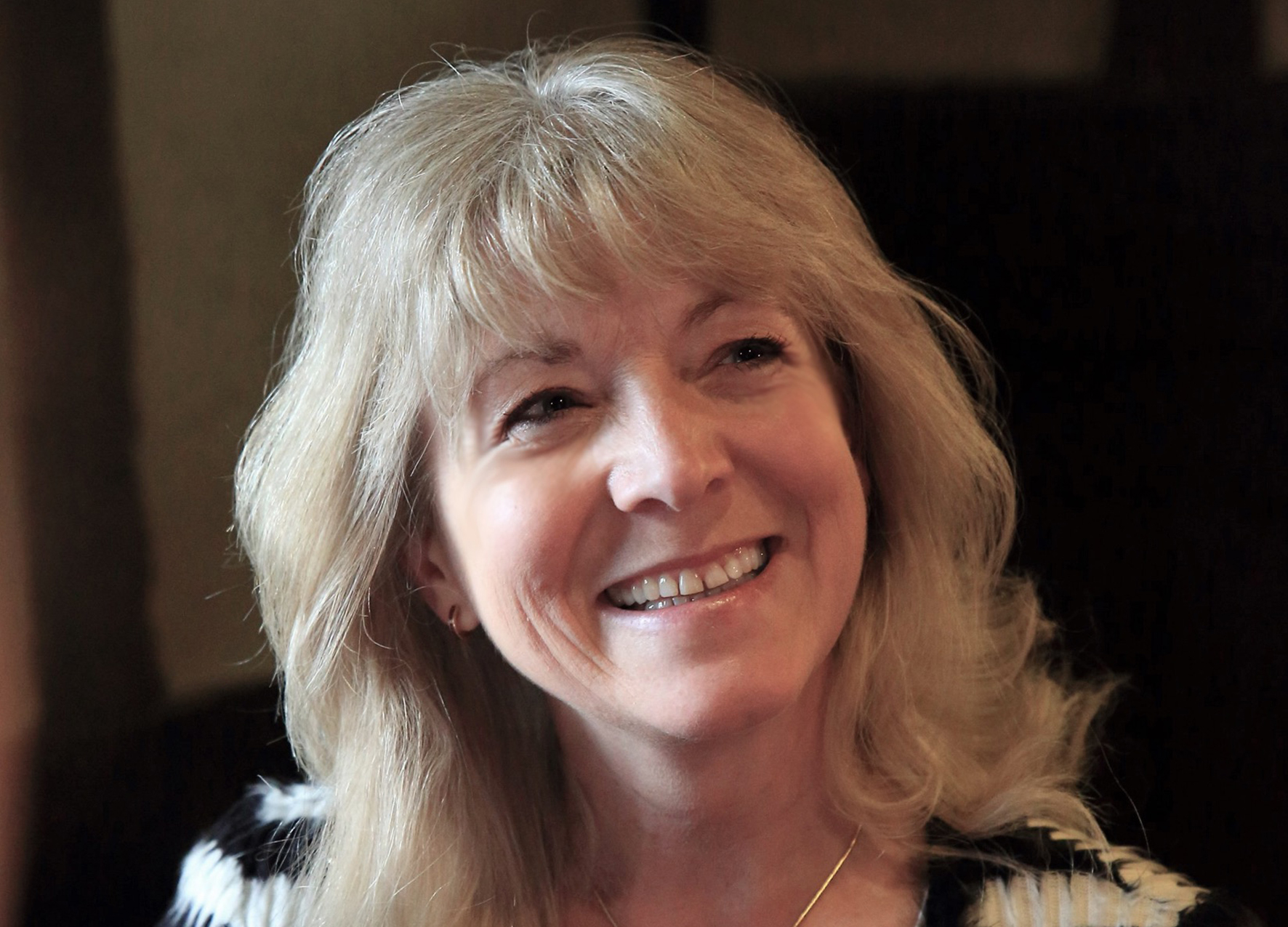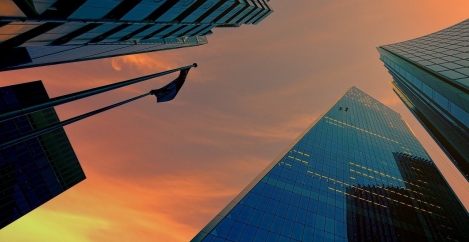November 18, 2021
Time to stop playing around with the issue of workplace sustainability
 The so-called green agenda, sustainability and climate change have finally hit centre stage. Various announcements are being made by UK Government and numerous high profile figures are crying a call to action to implement carbon reduction plans now. Lord Mayor of the City of London, Alderman William Russell, stated at the Annual Lord Mayor Gresham Lecture early in 2021: “Climate change is a bigger threat to the world than COVID-19.” He called on the financial and professional services sector to take urgent action to tackle climate change and ensure sustainability is at the heart of every financial decision.
The so-called green agenda, sustainability and climate change have finally hit centre stage. Various announcements are being made by UK Government and numerous high profile figures are crying a call to action to implement carbon reduction plans now. Lord Mayor of the City of London, Alderman William Russell, stated at the Annual Lord Mayor Gresham Lecture early in 2021: “Climate change is a bigger threat to the world than COVID-19.” He called on the financial and professional services sector to take urgent action to tackle climate change and ensure sustainability is at the heart of every financial decision.
How many of these plans will come to fruition and really effect change remains to be seen – but this does highlight the increasing profile for these issues. The office workplace sector is a substantial contributor to the climate crisis. Fitout is responsible for 40 percent of energy in a building and 300 tonnes of fitout goes to landfill every day. Furniture manufactured from virgin resources, which is currently the majority, contributes to 30 percent of the carbon footprint of a commercial building over its entire life.
Even back in 2017, the Furniture Industry Research Association reported that in excess of 600 tonnes of furniture and mattresses are sent to landfill every year, with an estimated £760 million of recyclable and reusable resources from all waste materials being lost to UK landfills annually.
[perfectpullquote align=”right” bordertop=”false” cite=”” link=”” color=”” class=”” size=””]Fitout is responsible for 40 percent of energy in a building and 300 tonnes of fitout goes to landfill every day[/perfectpullquote]
Environmental Engineer, Georgia Elliott-Smith has been working within the built environment for over 20 years. Her credentials are impressive – she was amongst the first cohort for a newly launched degree course in Environmental Engineering at the University of Portsmouth and subsequently became the first person ever to be a full time, permanent environment manager in the contracting environment.
“I grew up in the countryside and developed an interest in the environment,” explains Georgia. “I loved sciences and making things so knew I wanted to go into some type of engineering. A new course in Environment Engineering seemed a great fit. Upon arrival at university, I discovered that another student had commercial sponsorship so I immediately applied to various engineering companies. It was Bovis Construction that took a real interest in me and offered me a great package whilst at University.”
“Being a sponsored undergraduate offered some incredible experiences. Bovis and their suppliers supported me on an expedition to Antarctica and I became a UNESCO Special Junior Envoy for Youth and the Environment – this enabled me to travel around the country giving lectures to school children and encourage them to go into construction.”

Georgia Elliott-Smith
Georgia is now also a WELL Building Standard Accredited professional, a Fitwel Ambassador and managing director of sustainability consultancy, Element Four. Her passion and drive to effect change is highlighted by her ‘one woman’ campaign to challenge the Government over the exclusion of incineration from the new UK Emissions Trading Scheme. She has successfully taken the case to the High Court and, whatever the outcome, it has shone a spotlight on the potential for hypocrisy within this vital issue.
Her focus has also broadened to include furniture and furnishings and she is working with manufacturers to introduce ‘circularity’ within design and manufacturing processes.
Having worked in the furniture sector for over 30 years including reuse and recycling back in the early 2000s, I have been cheered by her enthusiasm to introduce real change to address a range of sustainability issues. I do accept that it is difficult, particularly for the larger players, to embrace a more circular approach to manufacturing. The furniture industry has traditionally been driven by a highly linear model and the negative economic effects of Covid-19 will potentially limit investment, certainly in the short term.
[perfectpullquote align=”right” bordertop=”false” cite=”” link=”” color=”” class=”” size=””]We need economic and legislative change to drive a change in behaviour[/perfectpullquote]
“We can’t ask companies to cut their own throats to do the right thing,” says Georgia. “Waste is very low cost to dispose of but really expensive to convert into value. We need economic and legislative change to drive a change in behaviour. All too often it is cheaper and easier to buy new. Charitable donation of redundant products is a step forward but what happens to the materials at the ultimate end of useful life?”
“Currently the key metric is diversion from landfill – not waste reduction and avoidance. We need to introduce greater circularity with a complete ‘rethink’ in relation to reuse. Waste should not be cheap and recycled materials must be valued.”
“The current economic system means that it is really difficult for institutions to invest in recycling. For example, a municipal waste incineration contract is typically for 25 years thereby offering a viable, profitable proposition. We need the right infrastructure and technology in recycling which will demonstrate a long term return. The only way there will be money in recycling is if we level the playing field and stop making incineration so cheap.”
“Recycling is viable and with tremendous opportunities for many types of employment but we need proper, fully scaled systems for reclamation, storage, repair and resale. Similarly, product designers have not been motivated to find alternative uses for component materials – fundamentally because waste disposal is so cheap.”
“Economic measures must be implemented that will ensure that we can cut off the supply of very low cost materials together with easy disposal routes. It is only through system change can we force the growth of the circular economy.”
“Commercial pressures are starting to impact. Specifiers and clients now have the tools to ask the right questions of manufacturers relating to sustainability. This is leading to preferred supplier lists – so success will come to those with a real focus and are introducing new practices, materials and traceability. There is change but we need to see more action from manufacturers in relation to circularity as well as reductions in toxicity.”
[perfectpullquote align=”right” bordertop=”false” cite=”” link=”” color=”” class=”” size=””]Continual pressure for economic growth isn’t sustainable[/perfectpullquote]
During our interesting and lively conversation, I asked Georgia whether her expertise within environmental and wellbeing standards were compatible. Do these disciplines fit comfortably or is there conflict?
“Sustainability is ultimately about balancing three key factors – the environment; society; and the economy,” explains Georgia. “For years the system has been primarily focussed on money which has meant that we have got out of kilter. An economy needs to be healthy to support people’s wellbeing but continual pressure for economic growth isn’t sustainable.”
“Work has not been human centric. People need the right conditions to flourish – water, natural light, air quality, comfort. The workplace has evolved with little or no understanding for people. Led by efficiency and cost savings, we have squeezed people into a smaller and smaller footprint. Thankfully this is now changing, and wellbeing and sustainability standards are helping to shift the focus.”
I suggested that many architects and specifiers would support the view that the various standards for the built environment – such as BREEAM, SKA Rating, WELL, Fitwel – are conflicting and without particular focus on furnishings.
“There are numerous different standards and not one offers a ‘silver bullet’,” replied Georgia. “Organisations need to look at their own individual standards and targets to decide their priorities. This includes human rights through to working environments.”
“I believe providing an environmentally- and socially-responsive workspace creates positives for all types of business and organisation. All parties gain a sense of pride when working for a company that’s demonstrating a clear commitment to doing as little damage to the environment as possible and respecting the workforce and community.”
[perfectpullquote align=”right” bordertop=”false” cite=”” link=”” color=”” class=”” size=””]We are running out of time – we are at a catastrophic point in history[/perfectpullquote]
To highlight the potential for conflict between environmental and wellbeing issues, I raised the recent proliferation of Perspex screens. With the arrival of the Covid-19 pandemic, the introduction of transmission reducing measures was understandable. That said, most of these screens, made from virgin materials, will no doubt soon be discarded as they are not necessary within a controlled, workplace environment.
“This is another example of the outcome from low cost materials,” says Georgia. “Virgin plastic is so cheap to procure and dispose of that companies saw the screens as an immediate solution in that situation. A universal carbon tax which applies to everything will put value into recycled materials. If virgin fossil oil is heavily taxed, we will be seeking alternatives.”
I tentatively asked the question whether Georgia feels that we are finally seeing a ‘change’. Would she agree that companies are realising that a positive approach to sustainability and carbon reduction does impact on the bottom line?
“Public awareness has increased enormously – particularly amongst younger generations,” she answered. “I don’t, however, see much movement in Government behaviour. I hope through people like me challenging the system, we will see change.
“We are running out of time – we are at a catastrophic point in history and people are starting to ‘wake up’. Over the next ten years, everyone will have to act. I am motivated to keep going as it’s my way of tackling my fears for the future. I channel my energy in action and activism and hope more people will join in.
“I realise that I am one person – but I have taken the Government to Court! We can act collectively – businesses can lobby government; membership organisations can help highlight the issues. Commercial enterprises should be asking: “We are using non sustainable resources – what do we need to enable us to make a change and profit from doing the right thing? We need a strong lead from the Government with robust fiscal and legislative policies that supports a radical shift in how we work, behave and trade.”
This feature is taken from issue 7 of IN Magazine

Joanna Knight has over 30 years’ experience in marketing, sales, PR and journalism in the office / workplace sector and is currently moderator for the Sustainability and Circular Economy Group at Women in Office Design and Council member at the Furniture Industry Research Association.
Image by jplenio












